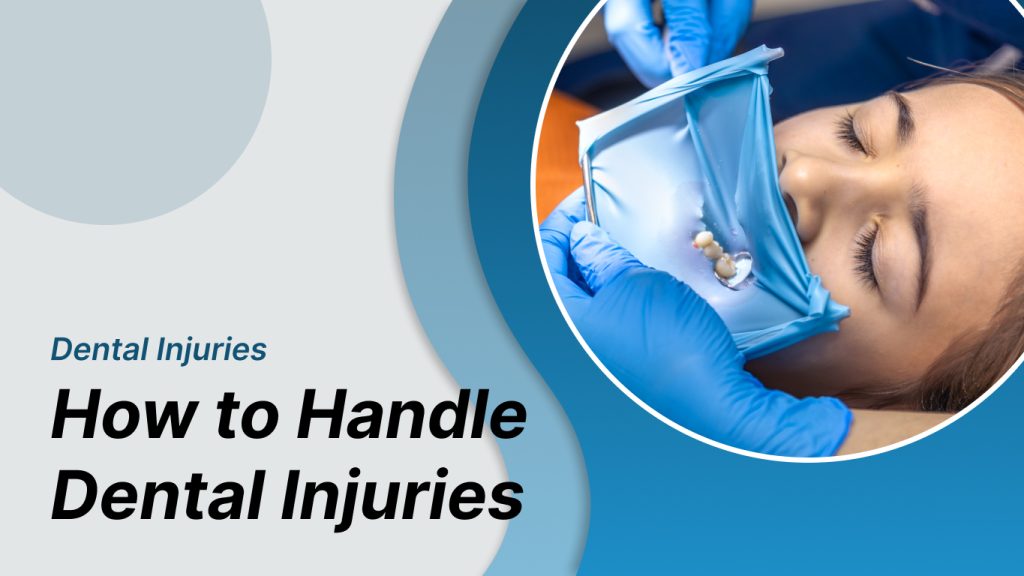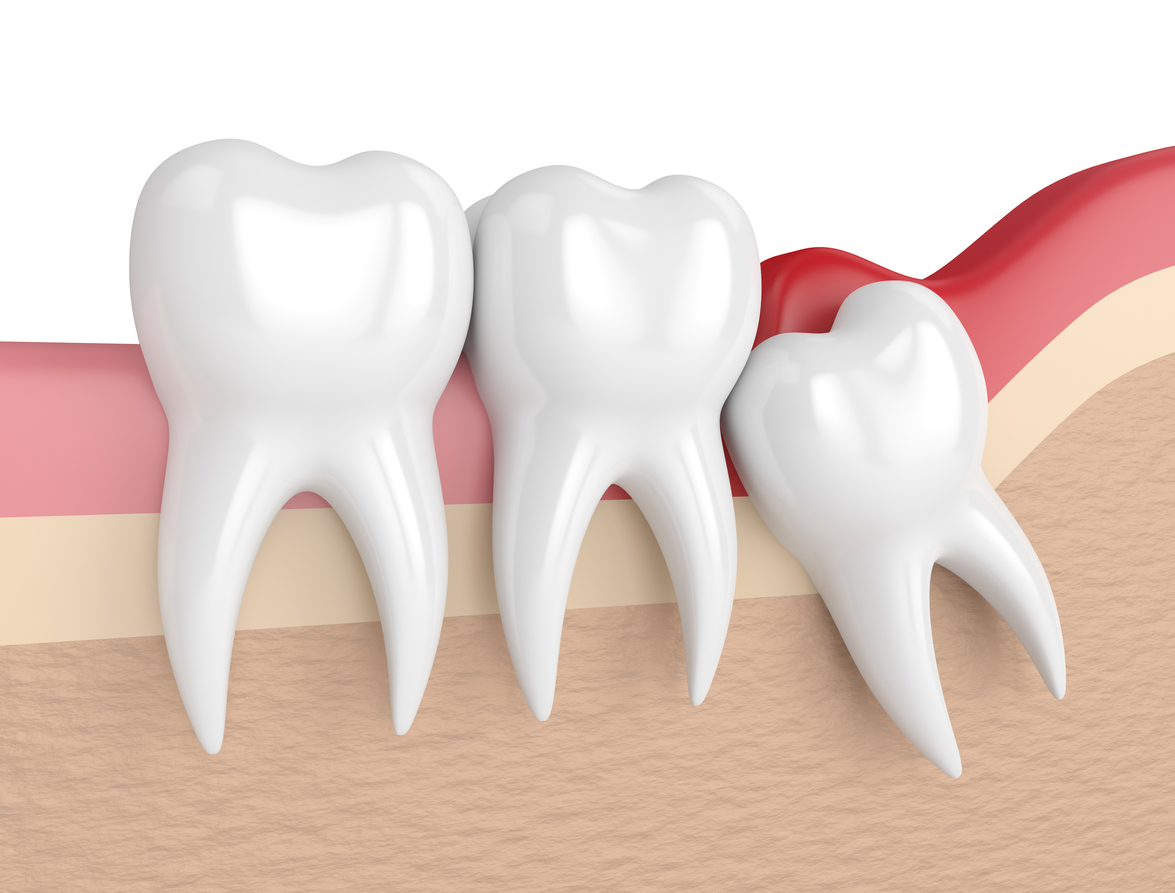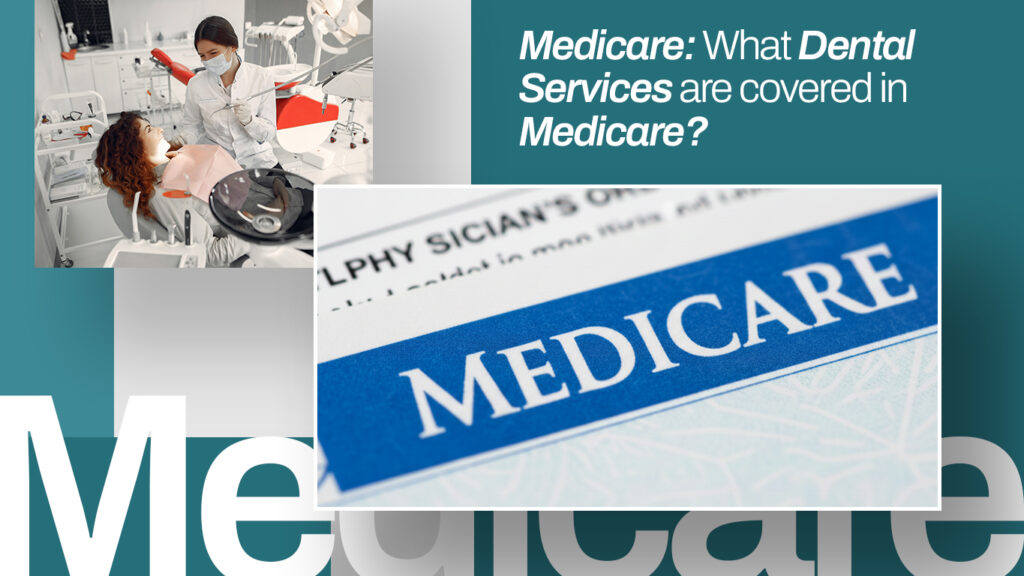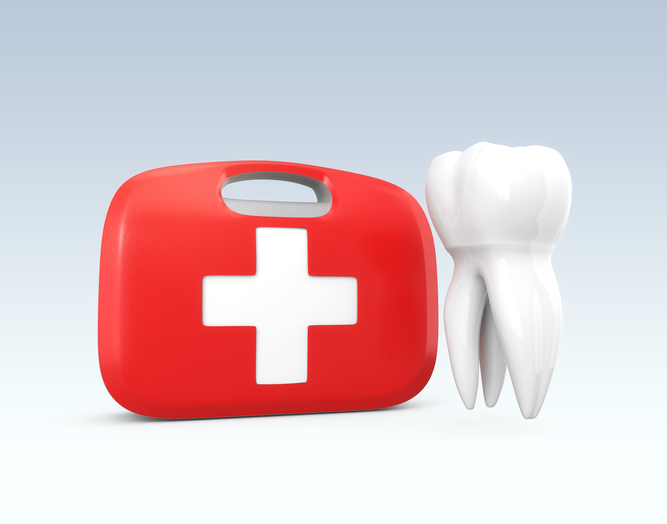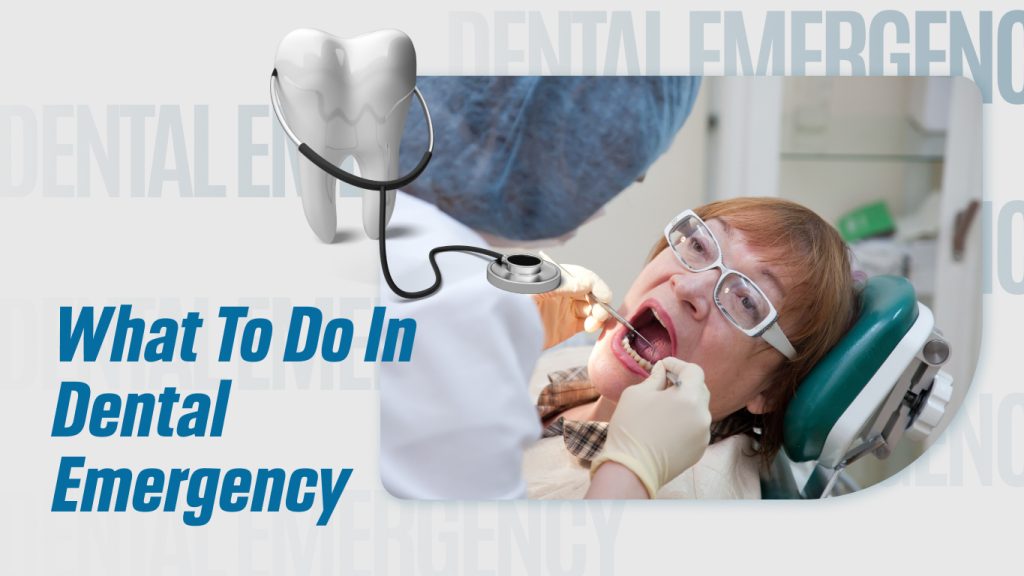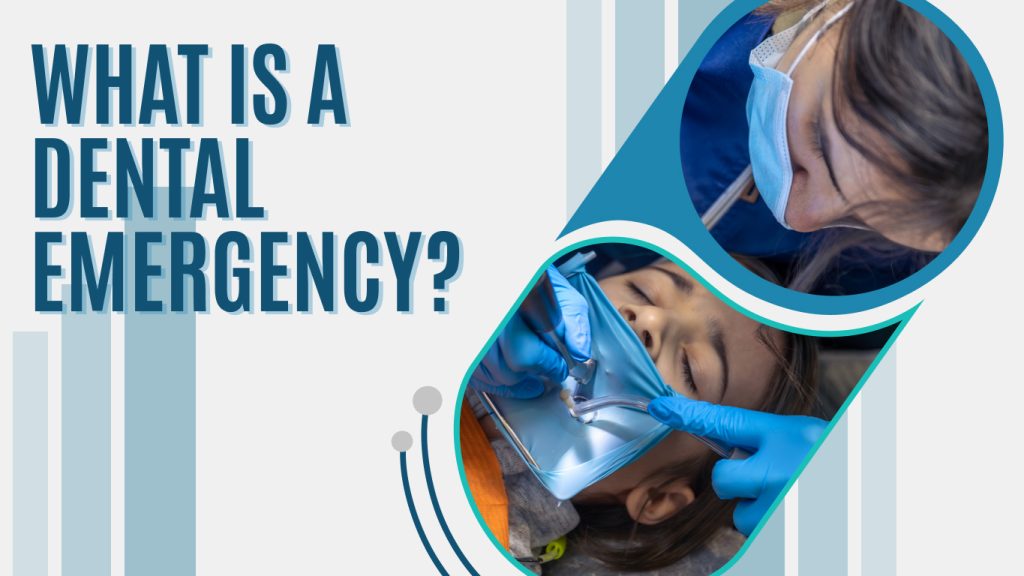Dental Injuries: How to Handle Dental Injuries
Dental trauma can occur unexpectedly during daily activities, sports, or accidents. Whether you're playing sports, experiencing a fall, or dealing with an unexpected accident, knowing how to respond quickly and…
